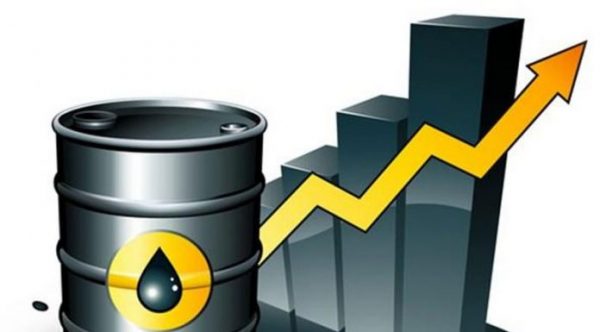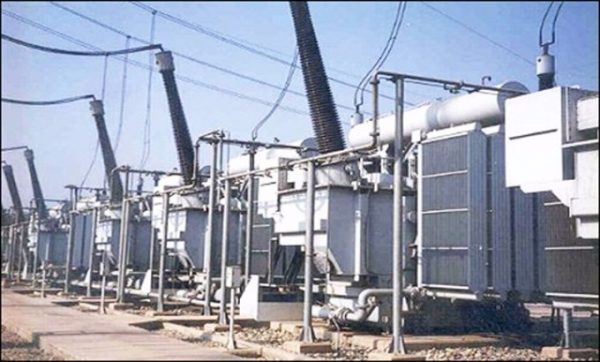Higher oil prices push up external reserves by $409m
 The country’s external reserves returned to a growth path as it gained $409m in two weeks, latest figures from the Central Bank of Nigeria disclosed on Monday.
The country’s external reserves returned to a growth path as it gained $409m in two weeks, latest figures from the Central Bank of Nigeria disclosed on Monday.
According to the CBN’s figures on movement of reserves, the figure which stood at $34.845bn as of the end of April 1 rose to $35.254bn as of the end of April 16.
According to the CBN, the improvement in the level of external reserves reflects the recent upsurge in crude oil prices on the backdrop of the renewed optimism on the successful deployment of COVID-19 vaccines across the globe.
In March, the reserves had lost $178m after dropping from $34.99bn as of the end of March 1 to $34.82bn as of the end of March 31.
In February, the reserves dropped by $1.1bn, falling from $36.19bn as of February 1 to $35.09bn as of February 26.
The CBN stated in its January economic report that, “As a consequence of the lower foreign exchange receipts, the official external reserves declined.
“External reserves stood at $35.44bn at end-January 2021, a decrease of 2.8 per cent and 3.5 per cent from $36.46bn in December 2020 and $36.73bn in January 2020.
“At that level, the external reserves position could cover 6.1 months of import for goods and services and 8.2 months of import for goods only.”
It added that available data showed that Nigeria’s reserves per capita decreased to $171.88, compared with $176.89 at end-December 2020.
The report said that in January, a breakdown of external reserves by ownership revealed the shares of the CBN as $30.18bn (85.18 per cent); Federal Government, $5.18bn (14.62 per cent); and federation, $0.07bn (0.20 per cent).
In terms of currency composition, the US dollar at $28.64bn, accounted for 80.81 per cent; Chinese yuan, $4.31bn (12.16 per cent); special drawing rights, $2.12bn (6.0 per cent); GB Pounds, $0.24bn (0.66 per cent); Euro, $0.12bn (0.34 per cent); Japanese Yen, $0.01bn (0.03 per cent); while other currencies accounted for the balance.







